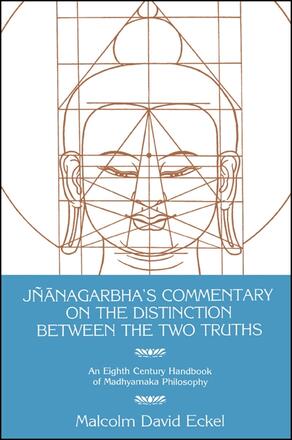
Jñānagarbha's Commentary on the Distinction Between the Two Truths
Alternative formats available from:
Description
The Mādhyamaka School of Indian Buddhist thought has had tremendous influence in the Buddhist world, particularly in Tibet, China and Japan: in the West it has become the subject of intense interest in the fields of comparative religion and philosophy. Many aspects of Mādhyamaka thought, however, remain obscure, especially during the period when Buddhist thought was first introduced to Tibet.
Jñānagarbha's Commentary on the Distinction between the Two Truths is a concise and lucid introduction to the issues and personalities that dominated Indian Mādhyamaka thought on the eve of its introduction to Tibet. As an example of the influential but little-known Svātantrika branch of the Mādhyamaka School, Jñānagarbha's work shows quite vividly how the commitment to reason in the search for ultimate truth shaped not only the dialogue between Mādhyamaka thinkers and members of other Buddhist schools, but also the evolution of the Mādhyamaka tradition itself.
David Eckel has translated Jñānagarbha's text in its entirety and provided an introduction that situates the text clearly in its historical and philosophical context. Extensive notes, a transliterated version of the Tibetan translation, and a reproduction of the original Tibetan blockprints make this volume useful to scholars as well as to the interested general reader.
Malcolm David Eckel is Associate Professor of the History of Religion at the Center for the Study of the World Religions at Harvard University.